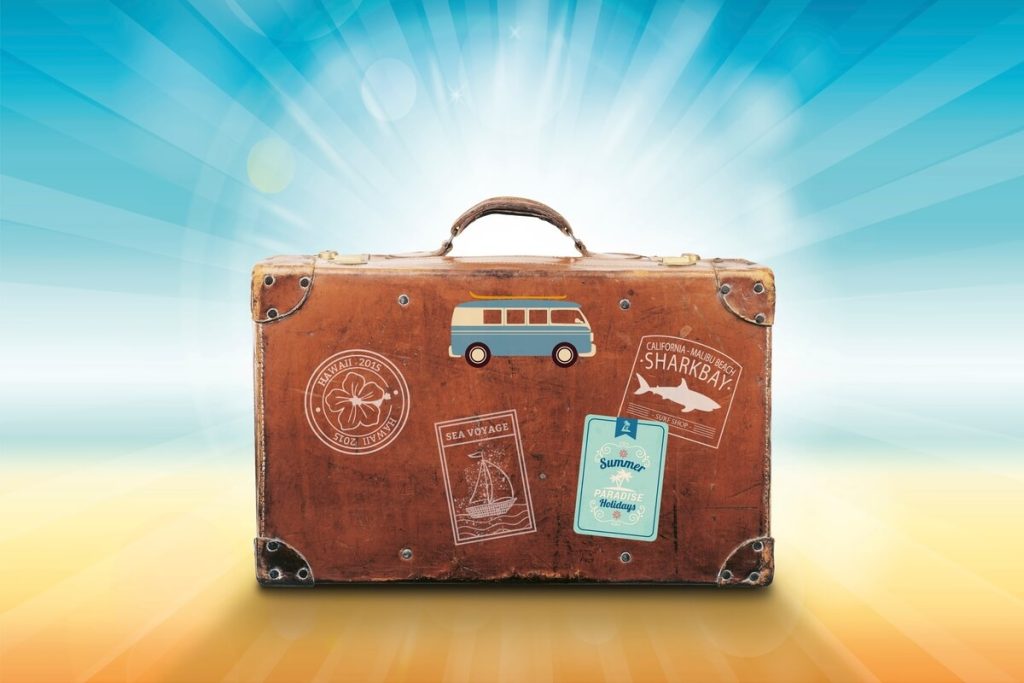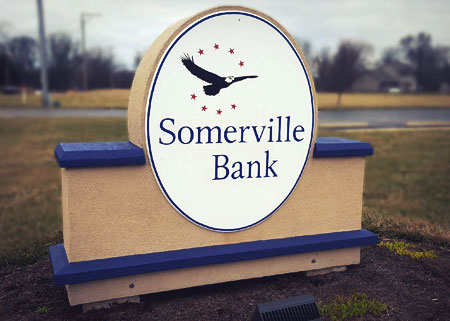Spring is upon us and summer is not too far away. For most, this is the perfect time of the year to explore various new areas and create new memories. However, as you emerge into all of the excitement associated with the adventure of traveling, it is essential that you pay special attention to your finances. You should take the steps that are necessary to protect yourself from potential fraud and theft on your travels. In this comprehensive guide, you will learn many steps that will help you protect your finances while traveling.

- Inform Your Financial Institutions – Prior to starting your travels, you should inform the financial institutions that you use – such as your bank, your credit card company, etc. This is a proactive step that will help in ensuring that there are no forced blocks or any type of holds placed on your accounts that are not necessary. By taking this step, you will have full access to your money while traveling.
- Set Up Alerts on Your Accounts – If you know that you will be traveling, you should set up text alerts on each of your accounts that you will be using. These will promptly notify you if any suspicious transactions take place on those accounts. Examples include large withdrawals, purchases, balances that go low. By detecting activity that has not been authorized fast, you can take actions that are necessary to protect your money from those that have ill intentions.
- Conduct Currency Exchange Prior to Traveling – In an effort to minimize the number of hefty rates you have to pay and other types of fees, you should conduct any necessary currency exchange prior to setting off in your travels. Research your local and online options. If traveling internationally, you may want to consider opening an international-based checking account or special credit account. This can help in providing better terms when it comes to international transactions.
- Create and Carry a Fake Wallet – Before traveling, you should create a fake wallet and carry it on your travels. You may fill it with un-activated cards and a little bit of money. That way, if you experience a robbery or theft, you may give the criminal the fake wallet and minimize losing actual money and documents that are valuable.
- Avoid ATMS – While traveling, you should reduce how often you utilize ATMs. Each use puts you at risk for card skimming and theft. You should plan ahead how much money you need and withdraw a larger amount of money ahead of time so that your need to withdraw more money on your trip is limited.
- Utilize Credit Cards – Many do not realize it, but it is possible to minimize financial risk by using credit cards while traveling. These offer additional security through measures designed for fraud protection. If there are disputes, the resolution process is much easier. Many credit cards offer travel perks, too. These include various types of rewards, insurance for traveling, and purchase protection perks.
- Keep Bags in Full View – You may enhance the overall security of your finances by ensuring that you keep your bags in front of you – in full view – while on your traveling adventures. This helps in deterring attempts of theft and allows you to maintain good vigilance over all of your possessions. This will help to prevent pickpocketing and unauthorized access. You may also purchase bags that are theft-proof for your travels. These include locking compartments and straps that are resistant to slashing.
- Stay Informed about Common Scams – When traveling, you should research scams that target travelers. Examples include overcharging, fake charity scams, street vendors that use deceptive practices, and other tactics. By staying informed about common scams, you will be able to make better decisions, successfully avoid financial-based traps, and make sure that you enjoy your travels while maintaining security to your finances and valuables.
- Stay Aware of Surroundings – When you are traveling, it is essential that you maintain awareness of your surroundings at all times. Pay attention to your environment, be cautious if you are approached by people you don’t know, and learn steps to detect risks and avoid them by making good decisions to protect your money.
- Protect Your Passport – You must ensure that you take the necessary steps to protect your passport traveling. You may use a hidden travel wallet with various compartments, a pouch that may be worn around your neck, or a safe in a hotel to protect the document. You should also make digital-based copies of the document so that you may retrieve it in case the original is lost or stolen.
- Use Caution with Public Networks – Public networks are highly convenient, but they are typically not secure. Each usually has minimal amounts of protocols – in terms of security. It is best to use your cell phone as a personal hotspot, but you will have to sign up for this service. If you have to use a public network, do not use it to pay bills and avoid entering sites that require a username or a password. If you want to go to a specific website, do not search and click from a search engine; instead, type the URL directly into the Address bar on the web browser that you are using. This will help ensure that you do not enter a fake website or a malicious website.
- Store Valuables – Before setting off on your travels, you should store your valuables such as jewelry and documents into a safe deposit box at a bank.
- Copy Documents – You should make certain that you copy important documents such as your passport identification page, your driver’s license, the registration for your vehicle, your tickets, and itinerary. You should leave one copy of each with someone you trust and store another copy digitally so that you may access the documents. Other documents of interest that you may want to copy include insurance papers, travel insurance documentation, health insurance information, and vehicle insurance.
- Do Not Take Your Social Security Card – It is not necessary to travel with your Social Security card. You should leave it at home and store it in a secure location while you are traveling – such as a safe deposit box or a secured safe in your home.
- Create a List of Phone Numbers – When traveling, create a list of phone numbers that are important. Examples include that of your bank, all of your insurance companies, all of your credit cards, and those that are similar in nature.
- Pay Bills Prior to Leaving – Prior to traveling, you should pay your bills. This way, you do not have to resort to paying them on a public network or in an area you are not familiar with.
- Hotel Safe – If you will be staying at a hotel, use the hotel safe to store valuables. Do not forget the valuables when you leave, though.
- Avoid Hanging Out at the Airport – Thieves hang out at the airport. They know the structure is full of people who are tired, confused, and in a hurry that carry a wide assortment of valuables. You should avoid hanging out at the airport and be very careful at certain areas – such as the ticket counters, baggage check, claims, restroom, and vending areas.
- Keep Tabs on ATM Receipts – You should always take the receipts from the ATM with you. The same holds true for receipts where you used your debit card. Also, never give anyone your PIN number to your ATM/debit card.
- Acceptance – Prior to traveling, you should determine which credit cards you will take with you. Then, you should make sure those cards are widely accepted where you will be going. Leave any unnecessary credit cards at home.

Getting Help
If anything, unexpected occurs while you are traveling, you should know that there are ways to obtain emergency cash or make arrangements for payments to be made in any location of the world. In some instances, banks can make arrangements for cash advances. It must be known, though, that this can result in fees and interest with the transaction.
You may request the bank to electronically transfer money from your bank to a brokerage that you set up prior to leaving. Banks may also send traveler’s checks, and wire funds – if need be. If you lose your ATM/debit card, contact your bank immediately.
Contact Us
We here at Somerville Bank can help you protect your finances while traveling. You may prepare and protect yourself against theft, it is important to know and understand, though, that you may not always be able to control your overall susceptibility. Also, you may not always know – right away – when something has detrimentally impacted your finances. Be sure to monitor your transactions regularly and skim for fraud. If something occurs, contact the associated financial institution immediately. For more help, visit one of our many locations and discuss your situation with one of our financial advisors. Our team member can help you. We offer many products and services for our clients. Examples include credit cards, identity theft services, online banking, mobile banking, checks, and more. If you need financial assistance, advice, travel advice, or more, contact us at Somerville Bank today at the location of your choice. You may see our locations by clicking on the following link: https://somervillebank.net/locations/

 Somerville Bank has 8 Locations
Somerville Bank has 8 Locations